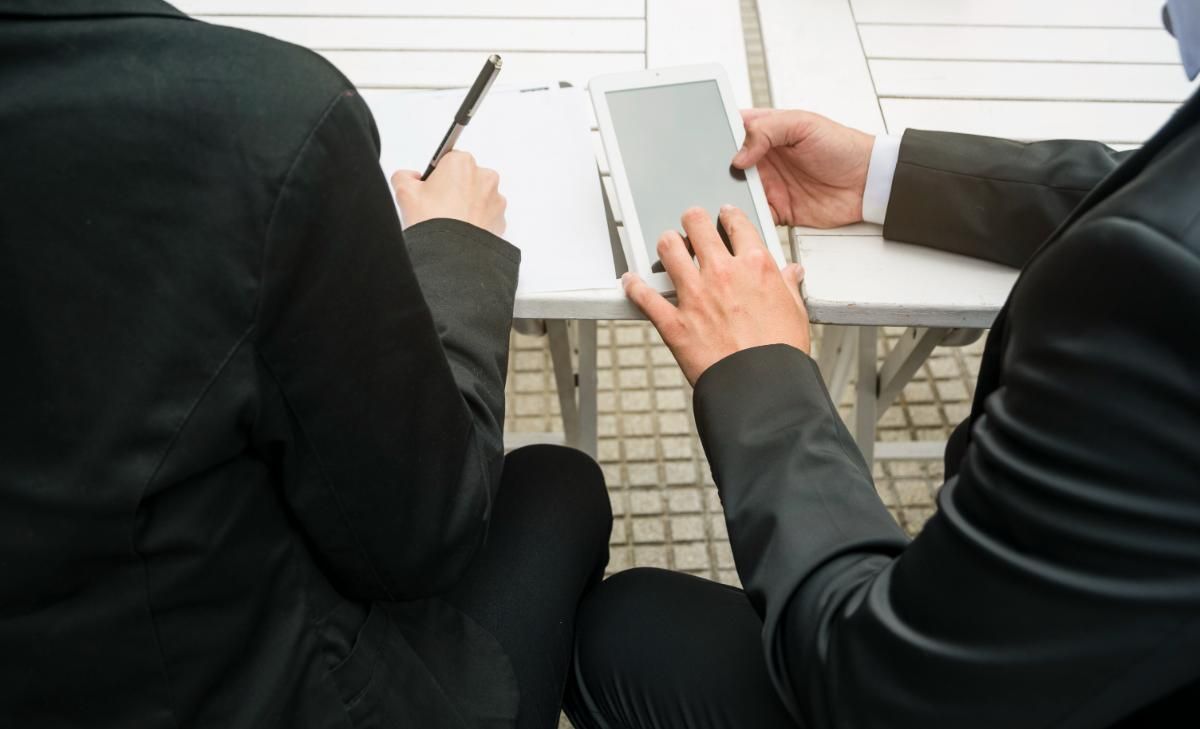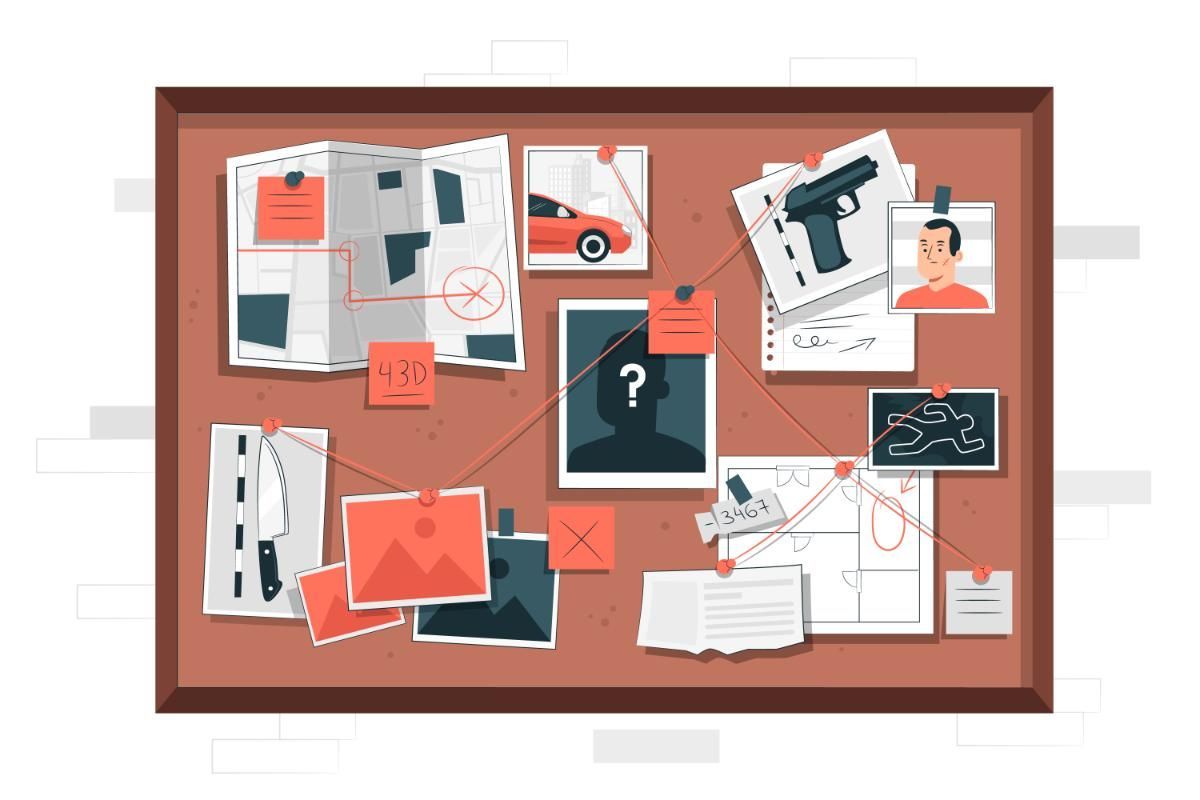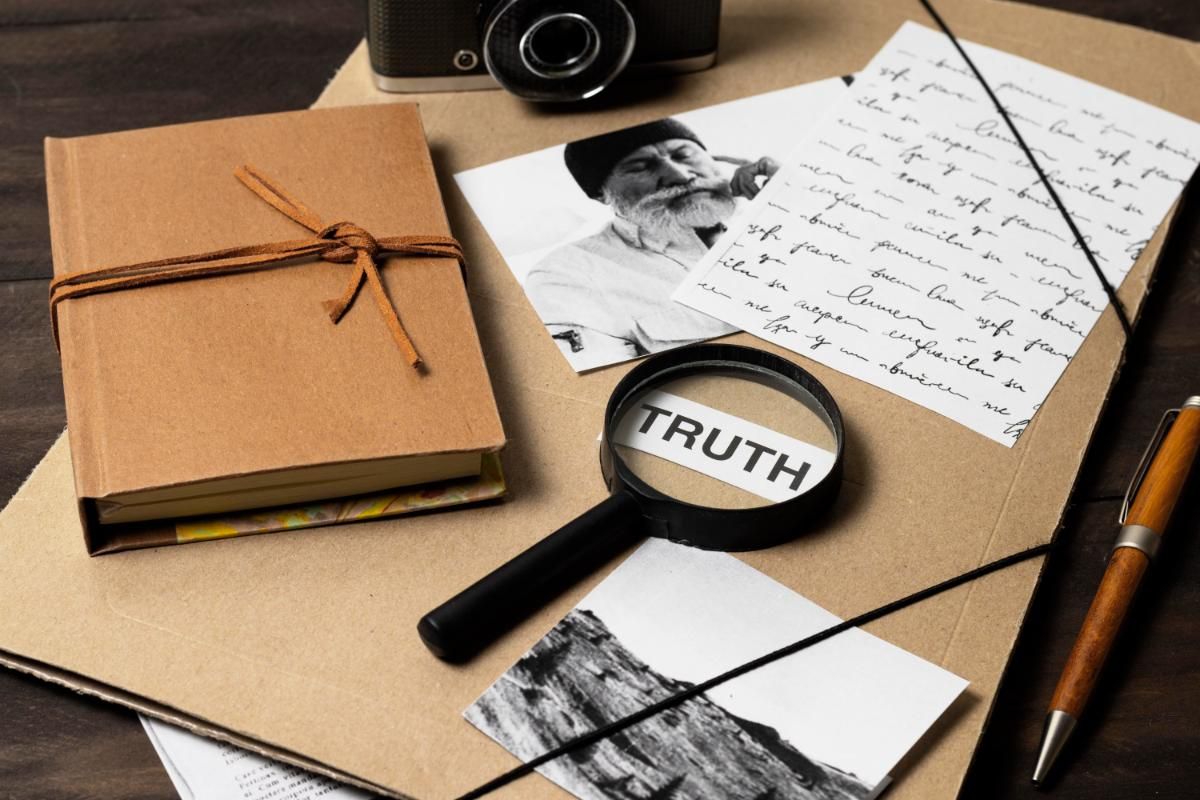Legal Evidence Gathering Sydney: Guide to Lawful Collection
In Sydney's legal landscape, understanding how to collect evidence lawfully is crucial. Whether you're involved in a civil dispute, family matter, or criminal case, legal evidence gathering in Sydney can significantly impact the outcome of your case. Admissible evidence not only supports your position but ensures you remain compliant with state laws.
For anyone involved in legal matters in Sydney, knowing how to gather evidence properly—without infringing on privacy laws or other legal stipulations—is crucial. Whether you're in a courtroom or negotiating outside of it, your approach to evidence collection could make or break your case.
Understanding Legal Evidence in NSW
In New South Wales, legal evidence gathering is governed by the Evidence Act 1995 (NSW). This act outlines what is considered relevant, reliable, and legally obtained for court proceedings. If evidence is collected unlawfully—through unauthorized recordings, for instance—it can be ruled inadmissible, potentially weakening your case.
The Evidence Act 1995 (NSW) also provides a framework for determining how evidence is presented in court, such as documents, witness testimony, and digital records. However, to qualify as admissible, the evidence must meet several criteria, including that it must not violate privacy laws, as governed by acts like the Privacy Act 1988 (Cth).
Understanding the requirements for admissibility is vital when gathering legal evidence in Sydney, as improperly collected evidence can jeopardize your case. This also means that even if you think you have collected useful information, it may be deemed useless in court if it wasn't gathered legally.

Types of Admissible Evidence
When done properly, legal evidence gathering in Sydney can involve the following types of evidence:
1. Photographs and Videos
Visual documentation is one of the most powerful types of evidence in any case. Whether it’s a photo of a crime scene, an accident, or even a series of interactions that are relevant to your case, photographs and videos provide clear, visual proof that can be pivotal in court. When gathering visual evidence, it’s important that the recording is made without infringing on privacy laws, particularly in situations where people may be unaware they are being filmed.
For example, installing surveillance cameras in public areas or places where you have permission is one thing; however, installing hidden cameras in private settings without consent is another issue entirely, which can lead to severe legal consequences.
2. Documents
Written records are also considered valuable evidence in legal disputes. These include contracts, emails, receipts, official records, and any other forms of written communication that can be used to prove your case. When gathering documents, make sure they are authentic and obtained legally. Tampering with or forging documents is illegal and will undermine your entire case. Always preserve the integrity of documents by keeping them in their original form and avoiding alterations.
3. Witness Statements
Testimonies from individuals who have firsthand knowledge of the situation can be powerful evidence. A witness statement may corroborate other evidence or provide critical details that help clarify aspects of your case. Witnesses can be anyone with direct experience or knowledge of the event in question.
Gathering witness statements must be done carefully to avoid coercion or leading questions. In New South Wales, it’s important to have the witness sign a statement to make it more official and to avoid any doubts about the authenticity of the testimony.
4. Digital Records
With the rise of digital communication, text messages, call logs, and social media interactions have become increasingly relevant in legal cases. These types of evidence are often easy to obtain but can be tricky to validate if there is doubt about their authenticity. For example, screen captures of text messages or online conversations can sometimes be questioned in court.
When gathering digital evidence, make sure you follow proper procedures to maintain its integrity. Use official tools or methods for capturing digital records and ensure you have a reliable way of verifying that the records haven’t been tampered with.

Legal Considerations in Evidence Collection
As part of legal evidence gathering in Sydney, there are important legal boundaries to observe:
1. Respect Privacy Laws
The Privacy Act 1988 (Cth) protects individuals from unauthorized surveillance. When collecting evidence, especially in personal matters like suspected infidelity or fraud, it's crucial that you respect the other party's privacy rights. Unauthorized recording, spying, or monitoring—especially in private settings—can result in significant legal penalties.
In public places, privacy laws are generally more relaxed, but you still need to be cautious about what and who you are recording. When collecting evidence, always assess whether your actions could be viewed as an invasion of privacy and ensure that you stay within legal limits.
2. Obtain Consent
For some types of evidence, consent from the relevant parties is required. This can be particularly true in situations involving video recording, voice recording, or even gathering sensitive documents. If you are obtaining consent from someone, make sure to do it in writing to avoid any disputes over whether permission was granted.
3. Preserve Evidence Integrity
Once you have gathered your evidence, preserving it is just as important as collecting it. This means ensuring that the evidence is stored securely and remains in its original form. Any alteration of the evidence could lead to questions about its authenticity and admissibility in court.
For example, photos and videos should be stored in a secure, unaltered state. Physical documents should be kept in a safe place, and digital evidence should be backed up and protected from tampering.

When to Consult a Private Investigator?
In many situations, working with a private investigator can streamline legal evidence gathering in Sydney. It’s worth considering professional help when:
1. You need lawful surveillance or monitoring
Professional investigators are trained to navigate complex surveillance requirements and ensure that all actions are conducted within legal bounds. Whether it's tracking the movements of an individual or gathering covert video evidence, private investigators know how to collect admissible evidence without breaking any laws.
2. Locating individuals, property, or financial assets is required
In cases of missing persons, property disputes, or financial matters, private investigators have the tools and expertise to locate people or assets. For instance, if you suspect someone has hidden assets in a divorce case, a private investigator can track down the necessary information to support your case.
3. You need admissible evidence for complex matters
For complicated cases—such as corporate fraud, criminal defense, or even high-profile divorce cases—professional investigators can provide the evidence needed. They have access to specialized tools and techniques that are far beyond what the average person can access or understand.
Best Practices for Legal Evidence Gathering in Sydney
To maximise your success and avoid legal pitfalls, follow these best practices:
1. Plan Ahead
Define what kind of evidence is required and how it will be legally obtained. Ensure that you understand the legal limits around each form of evidence you wish to gather.
2. Document Everything
Keep accurate records of how, when, and where evidence was collected. This will help provide a chain of custody for the evidence and strengthen its credibility.
3. Use Secure Storage
Prevent data loss or tampering by storing evidence properly. Digital evidence should be stored in secure files, and physical evidence should be locked away in a safe location.
4. Seek Legal Advice
Consult with a solicitor or legal professional to verify that your methods align with legal standards in NSW. A lawyer can provide advice on the admissibility of the evidence you're gathering and help you avoid legal challenges.
Conclusion
Effective legal evidence gathering in Sydney hinges on legal knowledge, careful planning, and a clear understanding of what is admissible in court. Whether you're pursuing justice in a civil case, family dispute, or criminal proceeding, lawful evidence collection is essential to success.
At Peakpi, we specialize in legal evidence gathering in Sydney, offering professional, discreet, and fully compliant services. Contact us today to ensure your evidence is reliable, legal, and ready to strengthen your case in court.


